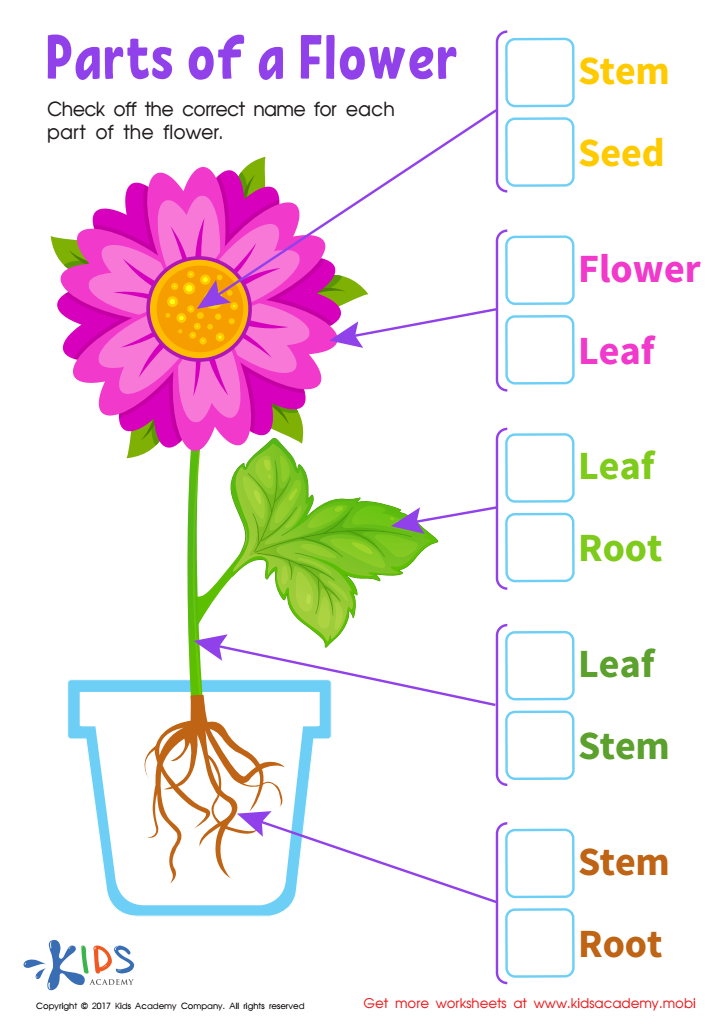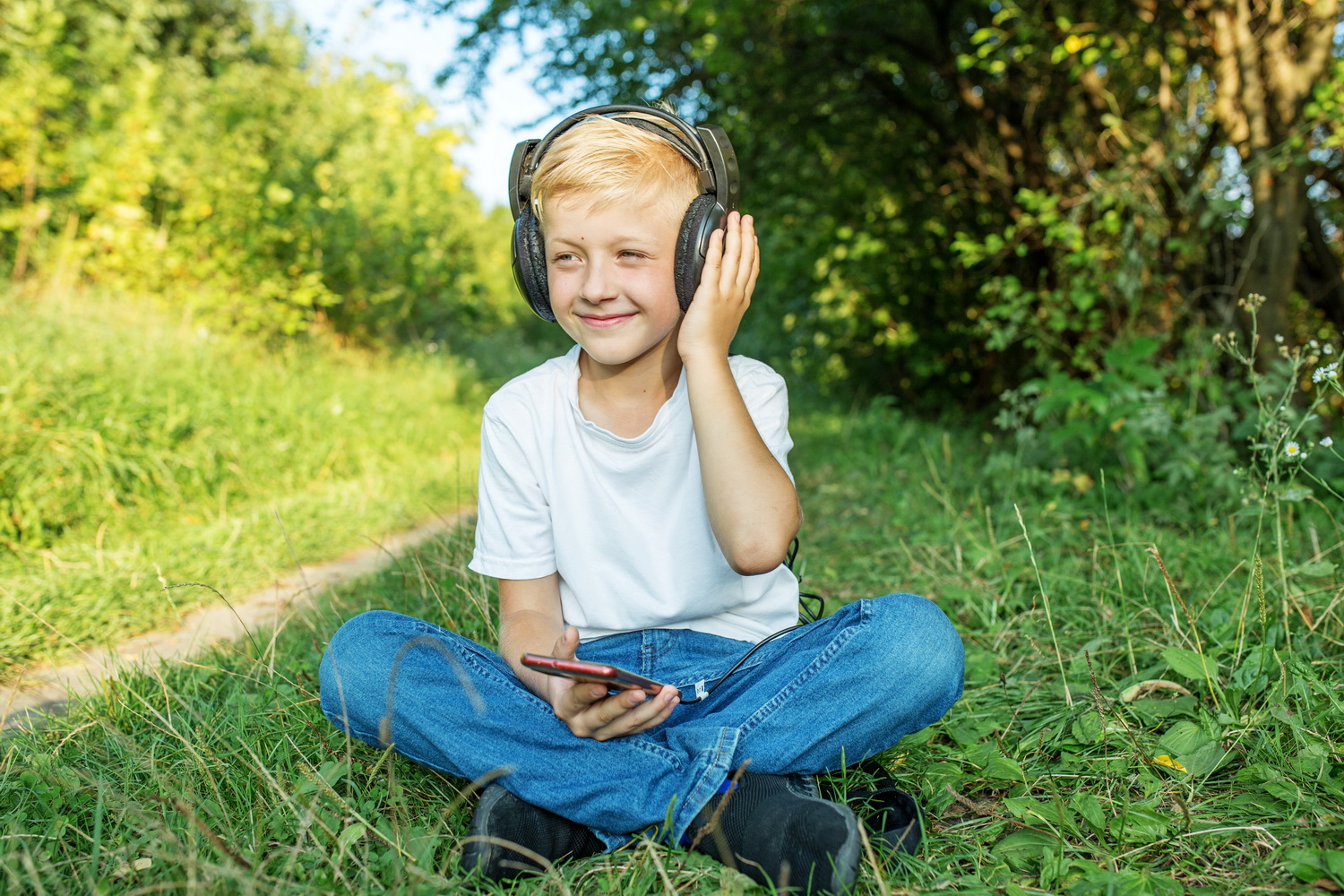Life Science Worksheets for Ages 5-8
3 filtered results
-
From - To
Explore our engaging Life Science worksheets tailored for children ages 5-8! Designed to spark curiosity and nurture a love for nature, these printable resources cover fundamental concepts such as ecosystems, life cycles, and animal habitats. Each worksheet combines fun activities with educational content, making it easy for young learners to grasp essential scientific principles. Perfect for classroom or home use, our worksheets promote critical thinking and creativity while fulfilling early learning standards. Encourage your child's discovery of the world around them and watch their enthusiasm for science flourish with our curated activities that are both informative and enjoyable!


Parts Flower Printable


Herbivores Printable


Carnivores Worksheet
Life Science for ages 5-8 is crucial for developing foundational knowledge and nurturing a sense of curiosity about the world. At this stage, children are naturally inquisitive, making it an ideal time to introduce concepts related to living organisms, ecosystems, and human biology. Understanding life science helps children make sense of their environment, fostering a sense of connection to nature.
Incorporating life science into early education encourages critical thinking and observational skills, which are essential for cognitive development. By engaging young learners in hands-on activities, such as planting a garden or exploring local habitats, teachers and parents can inspire an appreciation for biodiversity and ecological sustainability. This early exposure lays the groundwork for responsible citizenship and environmental stewardship, teaching children the importance of caring for our planet.
Moreover, imparting knowledge about health and nutrition empowers children to make informed decisions about their well-being, promoting healthy lifestyle habits from a young age. By prioritizing life science education, parents and teachers contribute to holistic development, ensuring that children are well-rounded thinkers who can engage thoughtfully with the scientific aspects of life as they grow. Overall, a focus on life science is essential for fostering curiosity, responsibility, and an understanding of the interconnectedness of all living things.
 Assign to My Students
Assign to My Students















